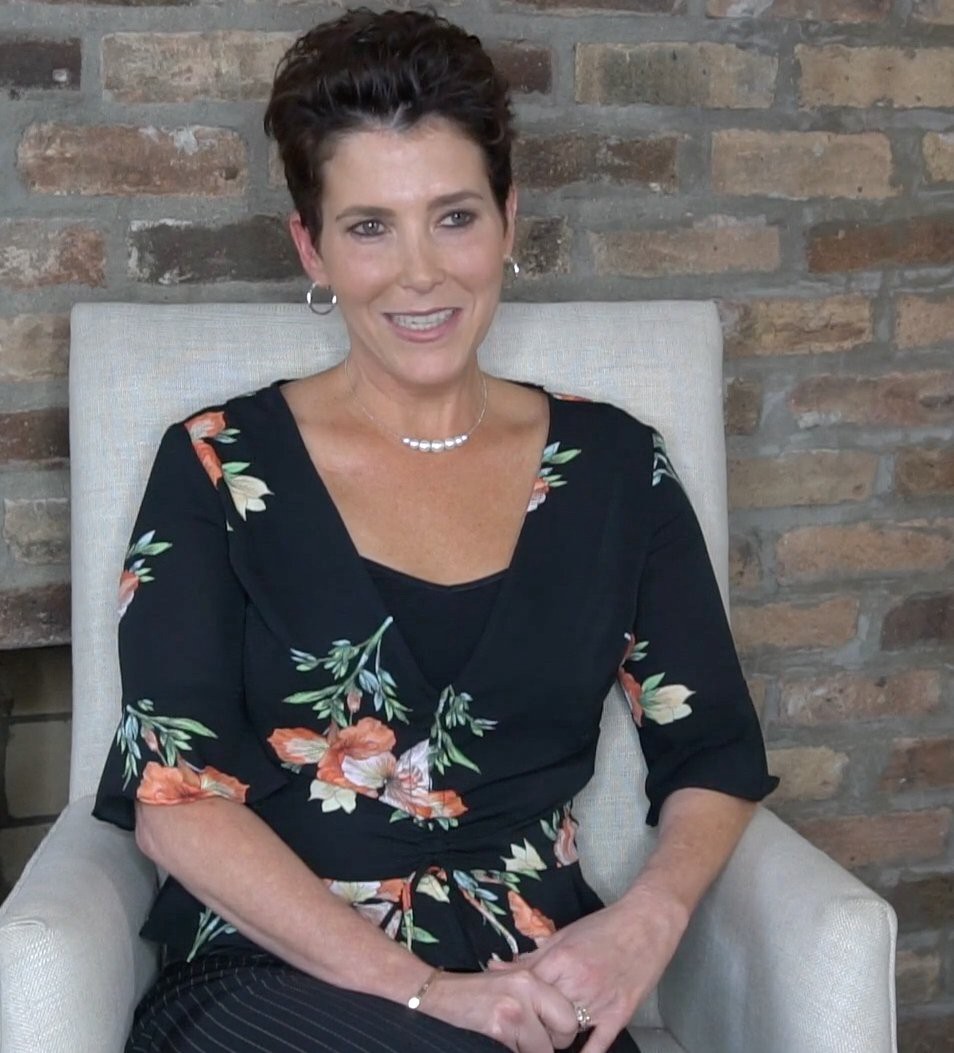How a Well-Being Focus Led to Greater Success at a Top Company
Jen Fisher had spent years working at Deloitte, which provides audit, consulting, tax, and advisory services to many of the world’s leading brands. She was working hard — too hard. “I was passionate about the work I was doing, but I burned out,” she recalls. “It snuck up on me; I didn’t see it but those close to me did. I needed physical and mental recovery.”
Fisher asked her friend and mentor, Deloitte’s chief marketing officer Diana O’Brien, for advice. O’Brien encouraged her to follow her passion for well-being and bring that to her colleagues. Working with Deloitte’s chief talent officer Mike Preston an innovative new role emerged: Managing Director of Well-being.
When Fisher assumed the role in November 2015, Empowered Well-being was launched at Deloitte. No longer content to define success in terms of only job performance and the financial bottom line, Deloitte’s culture broadens its perspective on success to include — and emphasize — personal well-being.
It was a welcome wake-up call for Fisher to realize that well-being is an essential part of success, she recalls. “As I was going on that personal journey, I became passionate about sharing what I learned with others. Regardless of how passionate people feel about their jobs, they’re going to burn out if they don’t take time for rest and recovery.”
While Fisher was recovering, two well-being behaviors in particular helped her the most: getting enough sleep, and exercising at her gym regularly. Her habit of sleeping well helped her navigate the unexpected health challenge that she soon faced: a diagnosis of breast cancer in May 2016. Given her passion for her job, she decided to continue to work throughout her treatment, but with greater flexibility in her schedule. She built in recovery breaks into her calendar daily during her cancer treatments, which boosted her energy to fight the disease. “I appreciate the flexibility and support I was given to keep working during that time while also focusing on my personal well-being,” says Fisher.
Now Fisher helps other Deloitte employees focus on their own well-being. She says she is especially proud of the Paid Family Leave program that Deloitte launched in September 2016. That program offers 16 weeks of paid leave for new parents and any family caregivers (such as those caring for aging parents) who need the time off to be well.
Other ways that Fisher is infusing well-being into Deloitte’s corporate culture include: flexible work options, sabbatical choices, mindfulness meditation, yoga, energy breaks during meetings, well-being days for employees to collectively unplug electronically, and education on topics like nutrition, stress management, positivity, and the impact of technology on well-being. “We aspire to be the best at what we do at Deloitte,” she says. “You can’t do that if you’re not creating a culture where people take good care of themselves.”
Fisher, who plans to advise other leaders through George Mason University’s Center for the Advancement of Well-Being, says she was excited to discover Mason’s well-being work by reading about it online. “I was so inspired by Mason’s well-being work when I learned about it. The well-being university work is changing the culture of a large organization — just like what we’re doing in our corporate organization at Deloitte.”
Deloitte’s commitment to well-being is now attracting Mason alumni and others as new employees who want to work in a place that highly values well-being. Fisher says she’s grateful that Deloitte is recruiting top talent specifically because of its corporate well-being culture. Through her work, Fisher says, she hopes to encourage leaders at many other corporations to focus on well-being.
“We know that all the research shows that productivity, engagement, and loyalty go up and attrition goes down when organizations invest in their people’s well-being,” says Fisher. “Since attracting and retaining the best talent is so important to success, why wouldn’t organizations prioritize well-being?”


